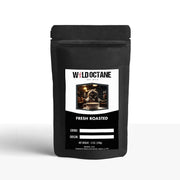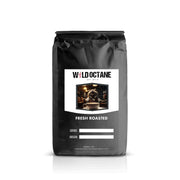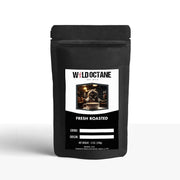Hibiscus tea, known for its vibrant crimson color and tangy flavor, is more than just a delightful beverage. Made from the dried petals of the hibiscus flower (Hibiscus sabdariffa), this herbal tea has gained popularity not only for its taste but also for its potential health benefits. Please note, the below is based on research and is not health advice.
1. Rich in Antioxidants
Hibiscus tea is packed with antioxidants, particularly anthocyanins, which are responsible for its deep red hue. Antioxidants are essential for combating oxidative stress in the body, which can lead to chronic diseases. By neutralizing free radicals, hibiscus tea may help reduce the risk of heart disease, cancer, and other illnesses associated with inflammation and oxidative damage.
2. Supports Heart Health
Numerous studies have indicated that hibiscus tea can positively affect heart health. It has been shown to help lower blood pressure in individuals with hypertension, making it an excellent natural remedy for those at risk of cardiovascular issues. A study published in the Journal of Nutrition found that drinking hibiscus tea resulted in a significant reduction in systolic and diastolic blood pressure.
Moreover, hibiscus tea may help lower cholesterol levels, further promoting heart health. By improving lipid profiles, hibiscus tea contributes to overall cardiovascular wellness.
3. Aids Digestion
Hibiscus tea has been traditionally used as a digestive aid. It contains compounds that may help reduce bloating, constipation, and other digestive issues. The tea acts as a mild diuretic, promoting urination and helping the body eliminate waste more efficiently. The acidity of hibiscus can also stimulate the secretion of gastric juices, enhancing digestion.
4. May Help with Weight Loss
While no single food or beverage is a magic bullet for weight loss, hibiscus tea can support your weight management goals. Some studies suggest that hibiscus extract can inhibit the production of amylase, an enzyme involved in starch digestion, leading to decreased carbohydrate absorption. Additionally, the tea is low in calories and can be a flavorful alternative to sugary drinks, making it a great choice for those looking to cut down on calorie intake.
5. Boosts Immune Function
Hibiscus tea is a source of vitamin C, a nutrient known for its immune-boosting properties. Regular consumption can help strengthen the immune system and promote overall health. The antioxidants in hibiscus tea also play a role in fighting off infections and may reduce the duration and severity of colds and flu.
6. Regulates Blood Sugar Levels
Some studies have indicated that hibiscus tea may help lower blood sugar levels, making it beneficial for those with diabetes or insulin resistance. The tea may improve insulin sensitivity and decrease the risk of developing type 2 diabetes. However, more research is needed in this area to fully understand its effects.
7. Promotes Healthy Skin
The antioxidants and anti-inflammatory properties in hibiscus tea can also benefit your skin. Drinking hibiscus tea may help reduce the appearance of fine lines and wrinkles, promote hydration, and improve skin elasticity. Some people even use hibiscus-infused oils or creams for topical application, reaping the benefits directly on the skin.
8. May Alleviate Menstrual Discomfort
Hibiscus tea has been traditionally used to help relieve menstrual cramps and regulate menstrual cycles. The tea's ability to promote blood circulation and its anti-inflammatory properties may provide relief from menstrual discomfort.
How to Make Hibiscus Tea
Ingredients:
- 1 cup dried hibiscus flowers
- 4 cups water
- Sweetener (honey, sugar, or stevia) to taste
- Optional: lemon or lime for added flavor
Instructions:
- Bring the water to a boil in a pot.
- Add the dried hibiscus flowers and simmer for about 15 minutes.
- Strain the tea into a pitcher, discarding the flowers.
- Sweeten to taste and serve hot, or chill in the refrigerator for iced hibiscus tea.
- Add lemon or lime for a refreshing twist.









